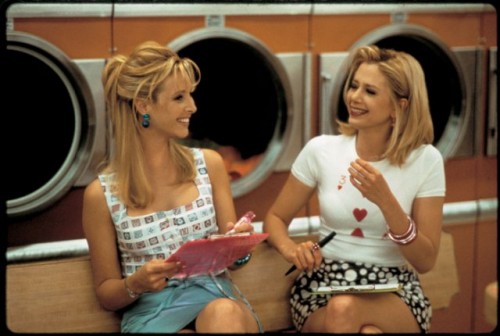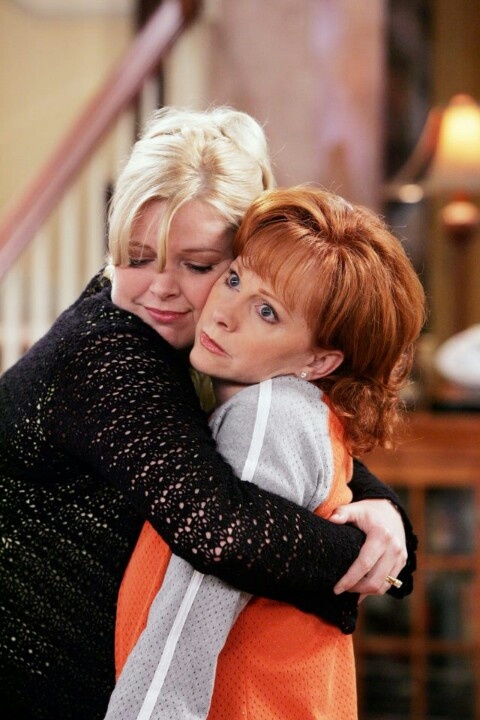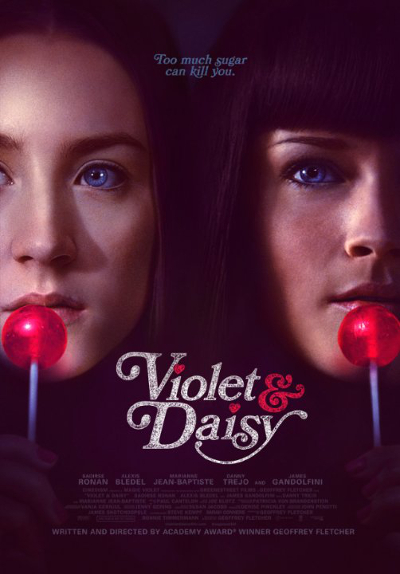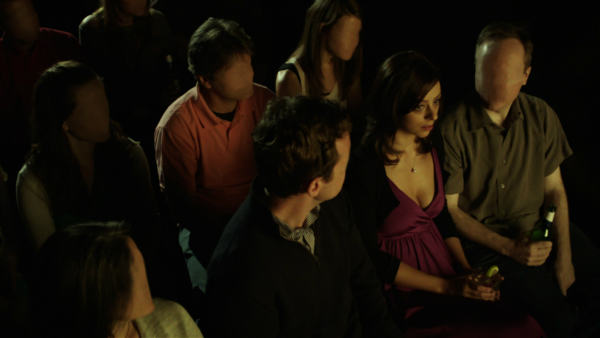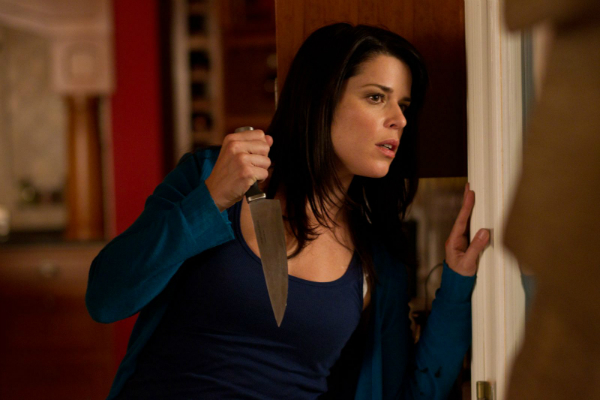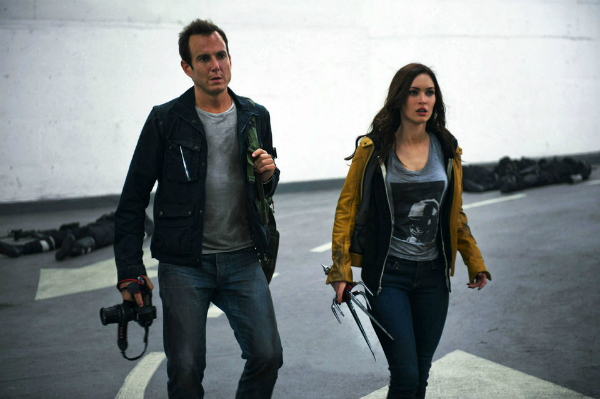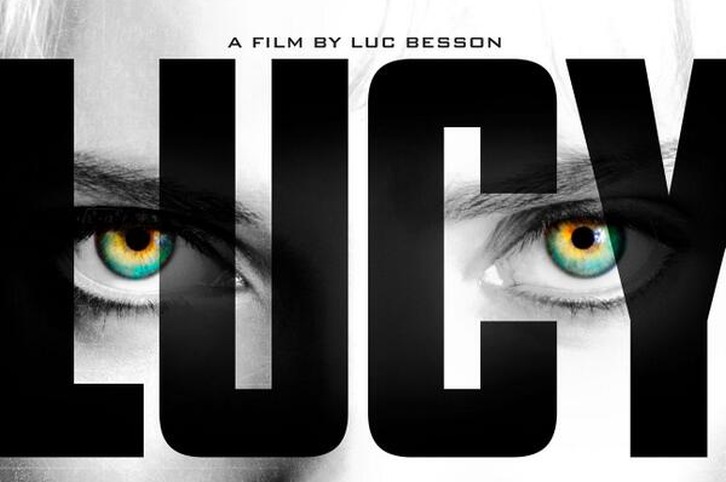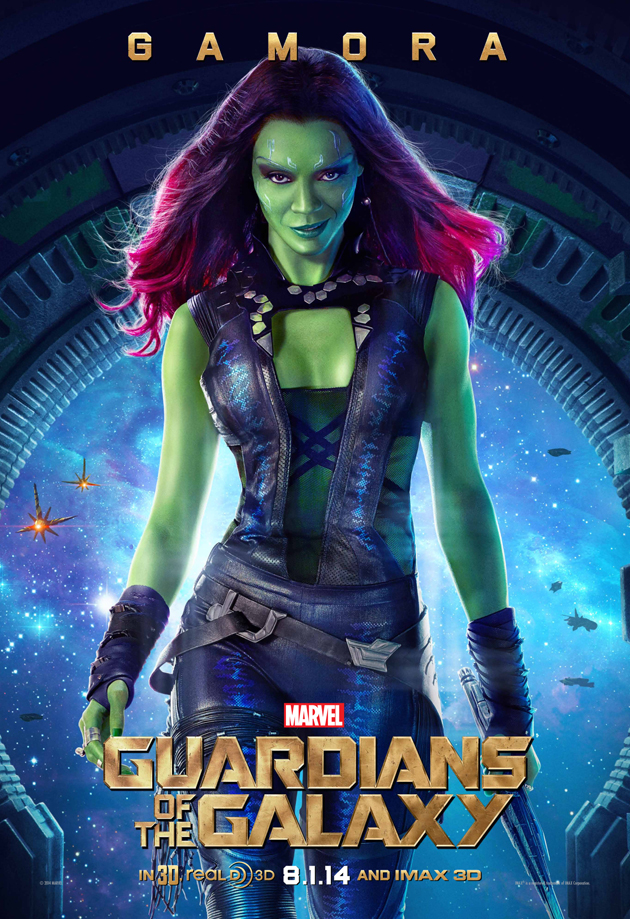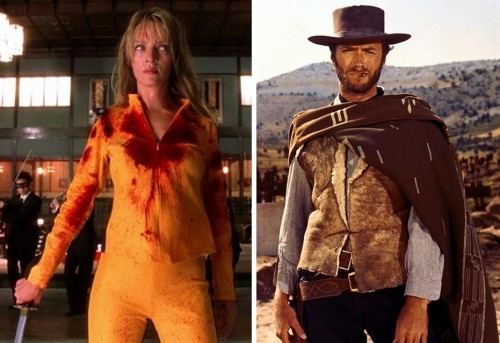‘Romy and Michele’s High School Reunion’: Bosom Buddies Against The World
While there’s quite a bit that’s frivolous about Romy and Michele – the film’s tagline is “The Blonde Leading the Blonde” – there is also, much more importantly, the heartwarming love story at the film’s creamy center. But this love has nothing to do with the complications and disappointments that romantic relationships can bring; rather, it’s what the Greeks called agape, or a deeply spiritual, passionate love between intimate friends.
